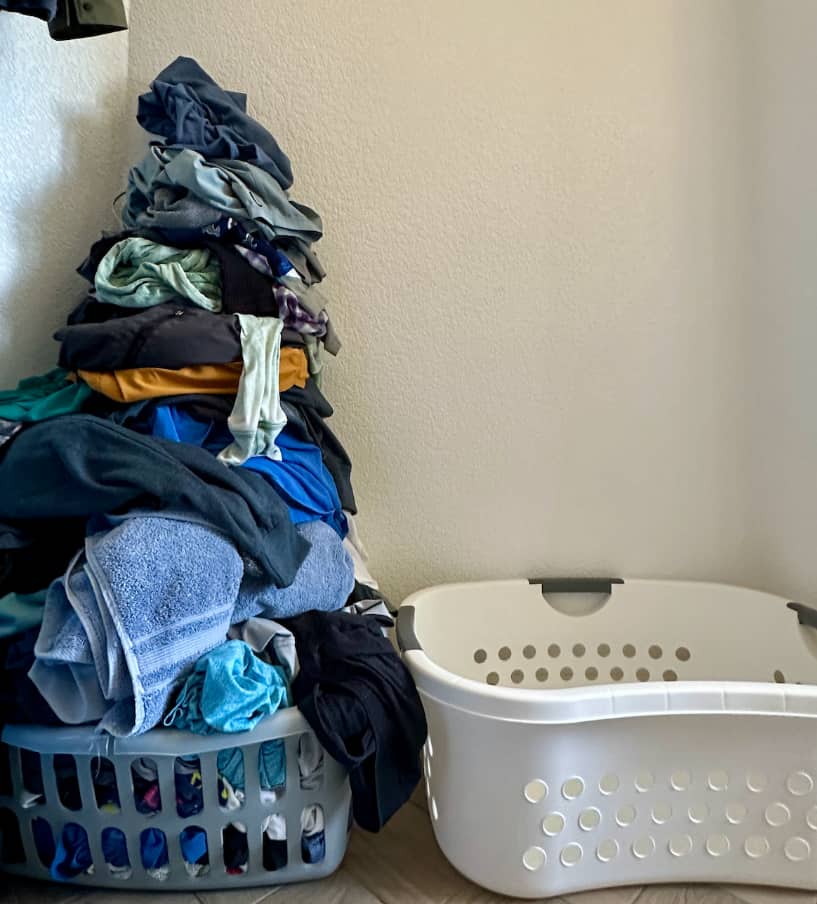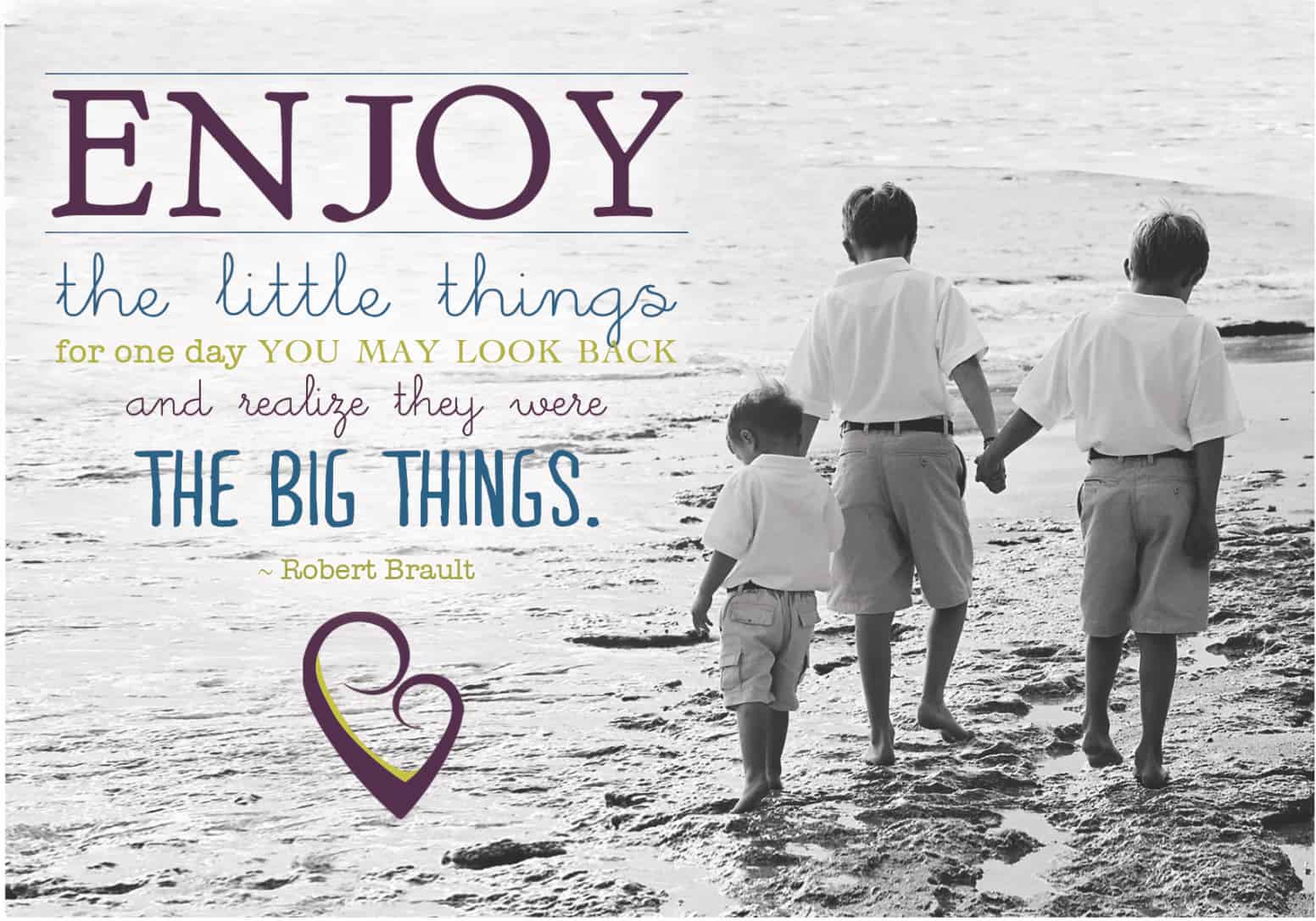An exasperated parent coaching client plopped onto the couch in my office recently and sighed, “How do I get my 4-year-old son to stop hitting?” At the slightest provocation, his son was hauling off and punching other kids at preschool. Needless to say, this did not go over well with teachers or classmates. The dad racked his brain to come up with a good “consequence,” a.k.a. “punishment” to get his son to stop.
Together, we came up with a completely different approach… what I like to call a “180 approach” and dad left, ready to give it a try.
Find humor and compassion instead of harshness and shame
Dad went home and talked to Walker about how hard it must be to keep his hands to himself, especially when he’s mad. With compassion, dad held Walker’s hand and folded it into a fist and said, “This little Mr. Fisty just loves to hit, doesn’t he? He must be trying so hard to protect you when you get stressed. Look how strong he is. He doesn’t mean to get you in trouble, but every time he punches someone, who gets in trouble at school?” Walker was listening intently, thinking about his rascal of a fist, and said, “I’m the one who gets in trouble, not Mr. Fisty!”
Empower the child to make choices and be in control
Together, father and son talked about how Walker was going to talk to Mr. Fisty and try to keep him from punching anyone. If Mr. Fisty got tempted, Walker was going to treat Mr. Fisty kindly, explaining to him how he had to stay in Walker’s pocket and that Walker would handle the situation.
Externalize the offender
This approach externalized the offender… rather than Walker being naughty, it was “Mr. Fisty” who was being ornery and Walker was the big boy in charge of things. Instead of Walker being punished and feeling bad about himself (which fuels more misbehavior), he became the big guy in charge of his fist. He felt empowered.
The plan worked brilliantly. Dad was thrilled. Walker maintained Mr. Fisty’s good behavior for a solid three weeks. This was a first for Walker to go three weeks without a single incident. Dad was so happy that he sent me a picture of Mr. Fisty.
Keep in mind, setbacks are inevitable
The story doesn’t stop here, however. Mr. Fisty did misbehave again. Dad’s response to the latest offense was even more ingenious than the first.
Stay tuned to read part two of the Mr. Fisty saga.
Insight on Managing Misbehavior
I call this a “180 approach” because it is often helpful to try an approach that is the complete opposite of what we think of automatically when it comes to handling misbehavior. The more a kid acts up, the more parents think they should come down hard on their kids. However, when we go for effective, powerful kindness in lieu of punitive discipline, we can meet our kids’ needs, fill them up, and change their behavior for the long-term. In this case, Dad had the chance to show compassion for Walker and teach him the essential skill of impulse control.












